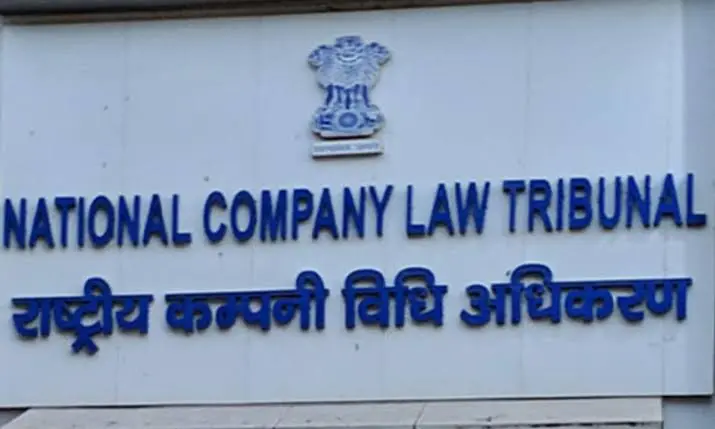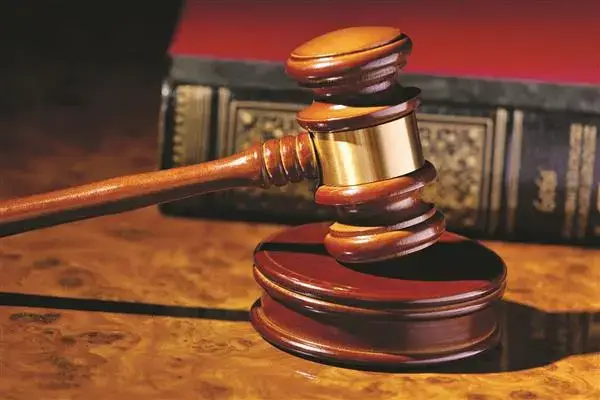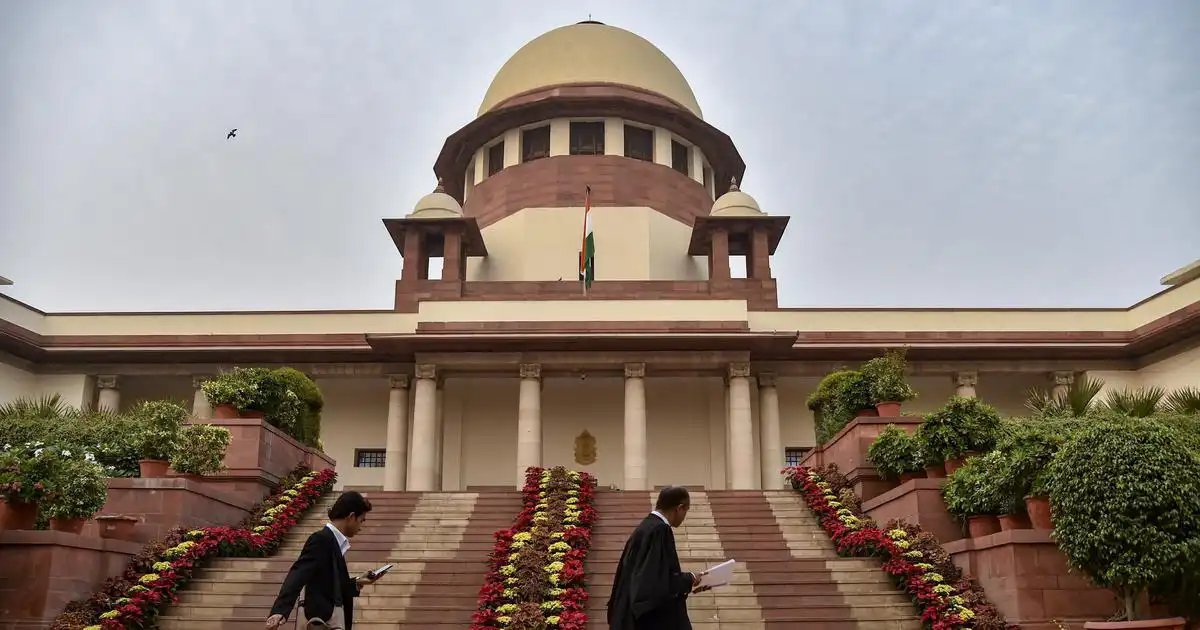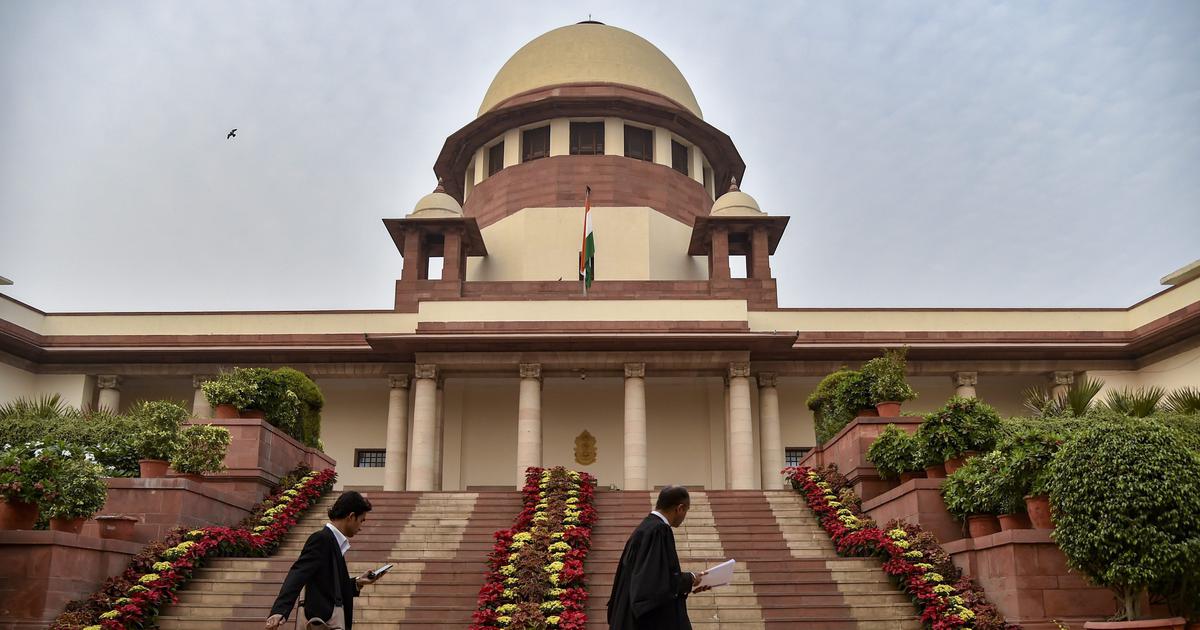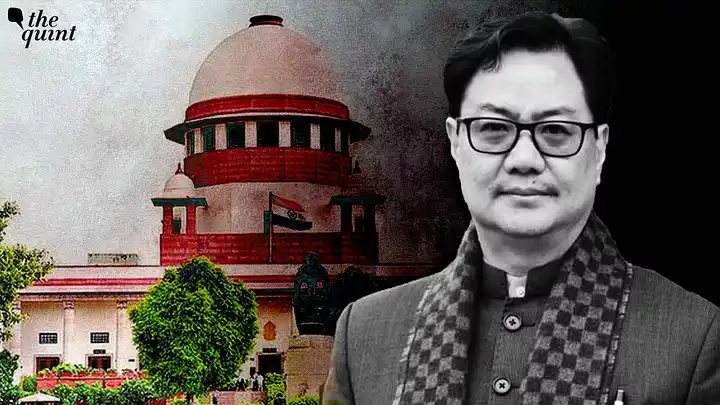In our previous (See here) blog posts regarding government litigation, we focused on the litigation landscape at the union as well as the state level. While analysing government litigation at the state-level, it was observed that most states lack a robust policy/rule for managing their litigation.

News and Blogs
In our previous (See here) blog posts regarding government litigation, we focused on the litigation landscape at the union as well as the state level. While analysing government litigation at the state-level, it was observed that most states lack a robust policy/rule for managing their litigation.
In our previous discussion, we delved into the imperative for a comprehensive national litigation policy (hereinafter NLP) and explored the consequences of its non-implementation in the routine litigation processes of the government.
The ordinary person associates law and all things legal as a niche filled with complexities and hard-to-understand nuances. With technological advancement, steps have been taken in almost all fields to provide an ordinary person with an understanding of any field.
In its 2021-21 edition, the Economic Survey of India highlighted the sheer scale of ‘wasteful litigation’ being fought by the Government of India. To be sure, this was not the first time that a government report underlined this issue.
Chief Justice of India Justice DY Chandrachud on November 15 said that he is keeping a “very close watch” on the listing of cases, bringing to the fore again the debate over the process by which matters are scheduled for hearing.
Chief Justice of India Justice DY Chandrachud on November 15 said that he is keeping a “very close watch” on the listing of cases, bringing to the fore again the debate over the process by which matters are scheduled for hearing.
The Law Minister Kiren Rijiju’s recent statement about the opacity of the collegium process for the appointment of the higher judiciary has once again ignited a debate on the subject.
The Chief Justice of India objected to the lack of media accountability in the media’s coverage of legal issues.
சரக்கு மற்றும் சேவை வரி மேல்முறையீட்டு தீர்ப்பாயமானது சம்மந்தப்பட்ட அதிகாரிகளின் கட்டுப்பாட்டிற்கு வெளியே இயங்கிக்கொண்டு வரி செலுத்துவோரின் உரிமைகளையும்
जीएसटीएटी को जीएसटी अधिकारियों के नियंत्रण के बाहर रखा जाएगा। इसके ज़रिए करदाताओं के अधिकारों और सरकार के राजस्व हितों की रक्षा की जा सकती है।
It is evident that India has achieved several milestones, including the recognition of the right to a clean and healthy environment as a component of the right to life enshrined under Article 21 in 74 years of its independence.

-
Rule of Law ProjectRule of Law Project
-
Access to Justice SurveyAccess to Justice Survey
-
BlogBlog
-
Contact UsContact Us
-
Statistics and ReportsStatistics and Reports
© 2021 DAKSH India. All rights reserved
Powered by Oy Media Solutions
Designed by GGWP Design
